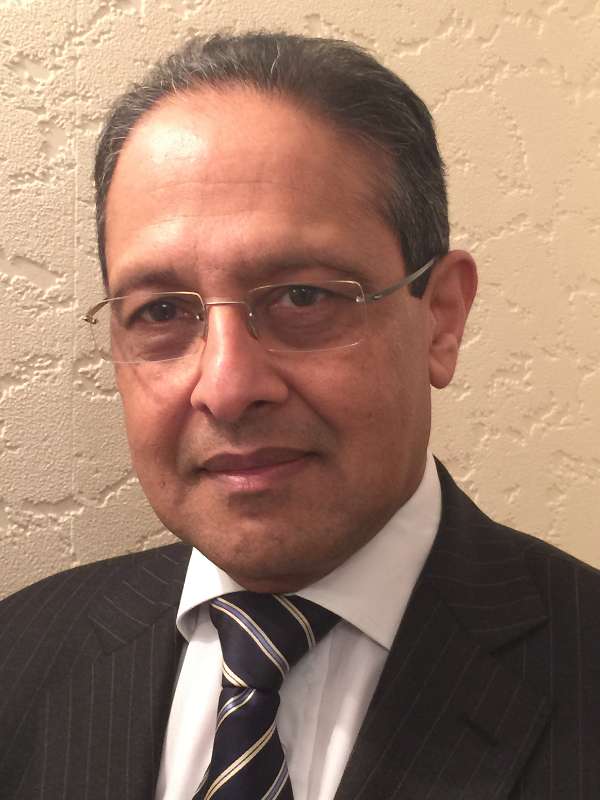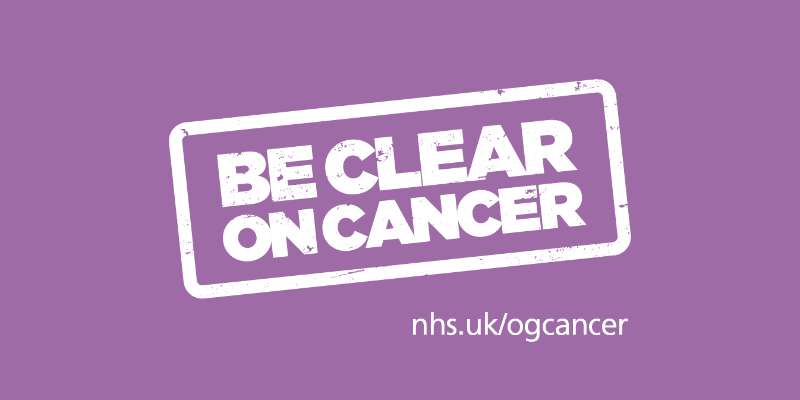National Be Clear on Cancer campaign highlights that ongoing heartburn can be sign of cancer.
Don’t ignore persistent heartburn – talk to your doctor about it a national ‘Be Clear on Cancer’ campaign urges people to visit their doctor if they have heartburn most days for three weeks or more, as this can be a sign of oesophageal1 or stomach cancer.
The campaign launch coincides with results of a new survey commissioned by Public Health England, which reveals only 1 in 2 people (55%) would visit their doctor if they had heartburn most days for three weeks or more.
Early diagnosis of oesophageal or stomach cancer (also known as oesophago-gastric cancers) is crucial and means treatment is more likely to be successful.
Around 67 per cent of people diagnosed with oesophago-gastric cancers at the earliest stage survive for at least five years. This figure drops to around 3 per cent for those diagnosed at a late stage.2
According to the survey findings, 59%2 of respondents did not know that heartburn could be a sign of cancer with just 15% saying they were certain that it is a symptom.

Professor Muntzer Mughal, Consultant Surgeon & Head of Upper GI Services, University College London Hospitals: “In South Asian culture we’re accustomed to eating spicy food which can sometimes cause heartburn and as a result we may ignore symptoms thinking it isn’t serious.”
“The campaign message is clear – you should go and see your doctor if you have heartburn most days for three weeks or more, it could be a sign of cancer. You won’t 1be wasting the doctor’s time – you will either get reassurance that it isn’t cancer, or if it is, you will have a better chance of successful treatment.”
Oesophageal cancer refers to cancer of the oesophagus (more commonly known as the gullet or foodpipe), which is the long tube that carries food from the throat to the stomach.
Nearly 59% was calculated from: 54% were not aware and 5% said they did not know.
Another symptom highlighted by the campaign is that of difficulty swallowing food.
Here the survey found that 70%3 did not know food sticking in the throat could be a sign of cancer, and just 13% of those surveyed said they were sure it is a symptom.
It has been estimated that around 950 lives could be saved in England each year if our survival rates for oesophago-gastric cancers matched the best in Europe.3
 The UK, with the Netherlands, has the joint highest incidence rate of oesophageal cancer in males in the European Union and the highest incidence rate of oesophageal cancer in females in the European Union. This may be due to smoking, low consumption of fruit and vegetables over time, rising obesity levels and consuming alcohol on a regular basis.
The UK, with the Netherlands, has the joint highest incidence rate of oesophageal cancer in males in the European Union and the highest incidence rate of oesophageal cancer in females in the European Union. This may be due to smoking, low consumption of fruit and vegetables over time, rising obesity levels and consuming alcohol on a regular basis.
Of those diagnosed with oesophago-gastric cancers, more than 9 out of 10 people are over the age of 50,6 making this the target age group for the campaign.
Professor Kevin Fenton, National Director of Health and Wellbeing at Public Health England, explains the importance of this awareness activity: “People may be reluctant to visit their doctor about persistent heartburn, thinking that it’s something they just have to live with but it could be a sign of cancer.”
“We know that in South Asian communities there are cultural, religious and language reasons that can prevent these communities from seeing their doctor early. That’s why it’s important to drive home that the earlier cancer is diagnosed, the higher the chance of survival. We need to encourage people across all sections in society with symptoms to go to their doctor, which is what this latest Be Clear on Cancer campaign aims to do.”